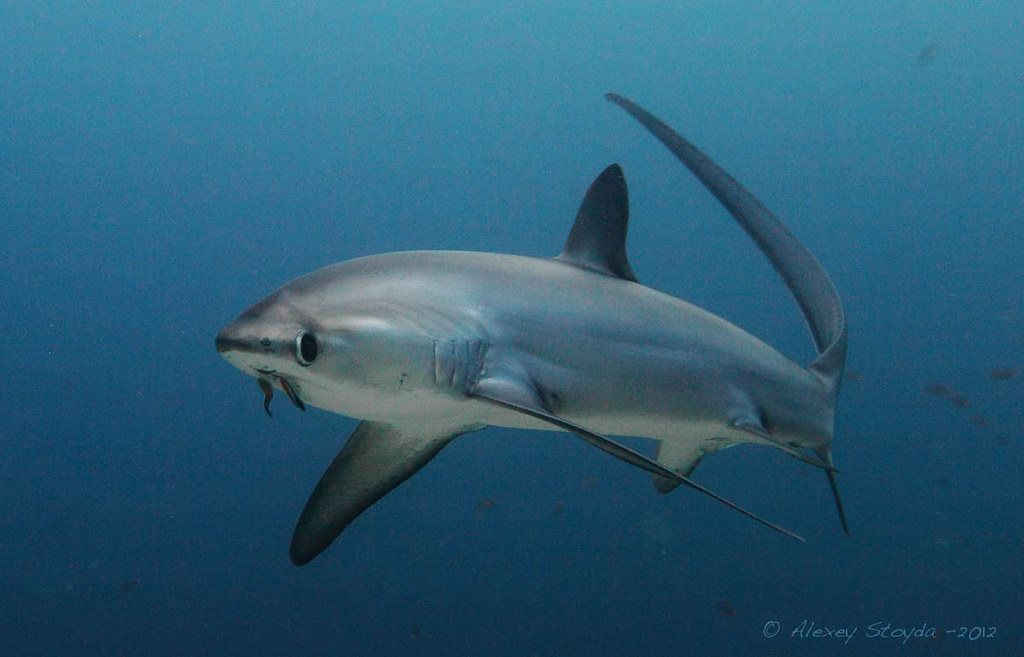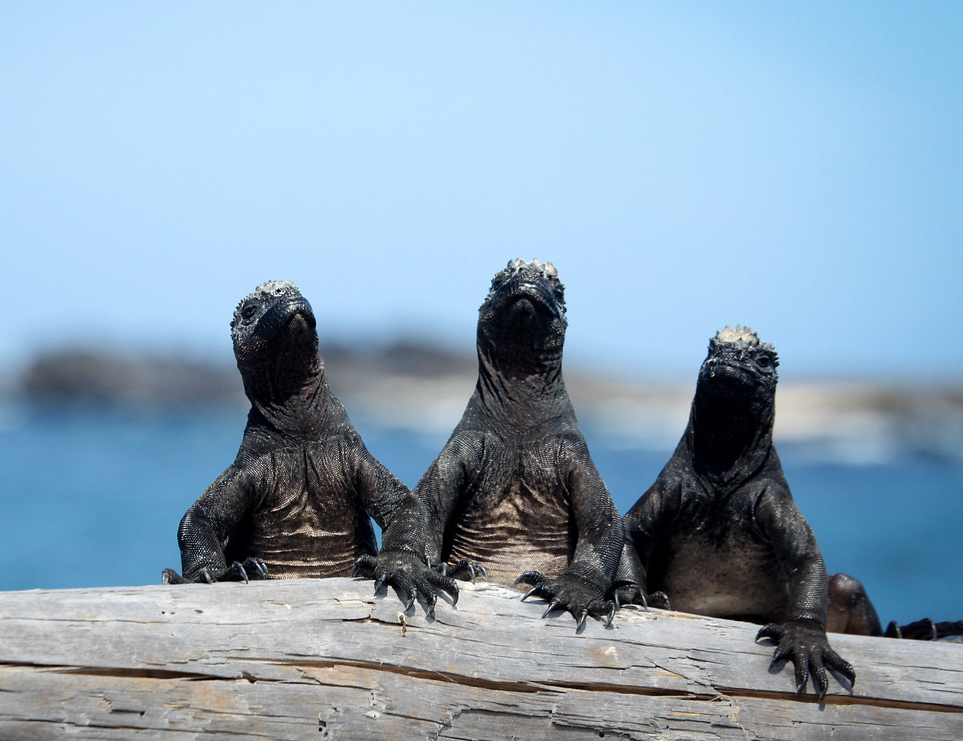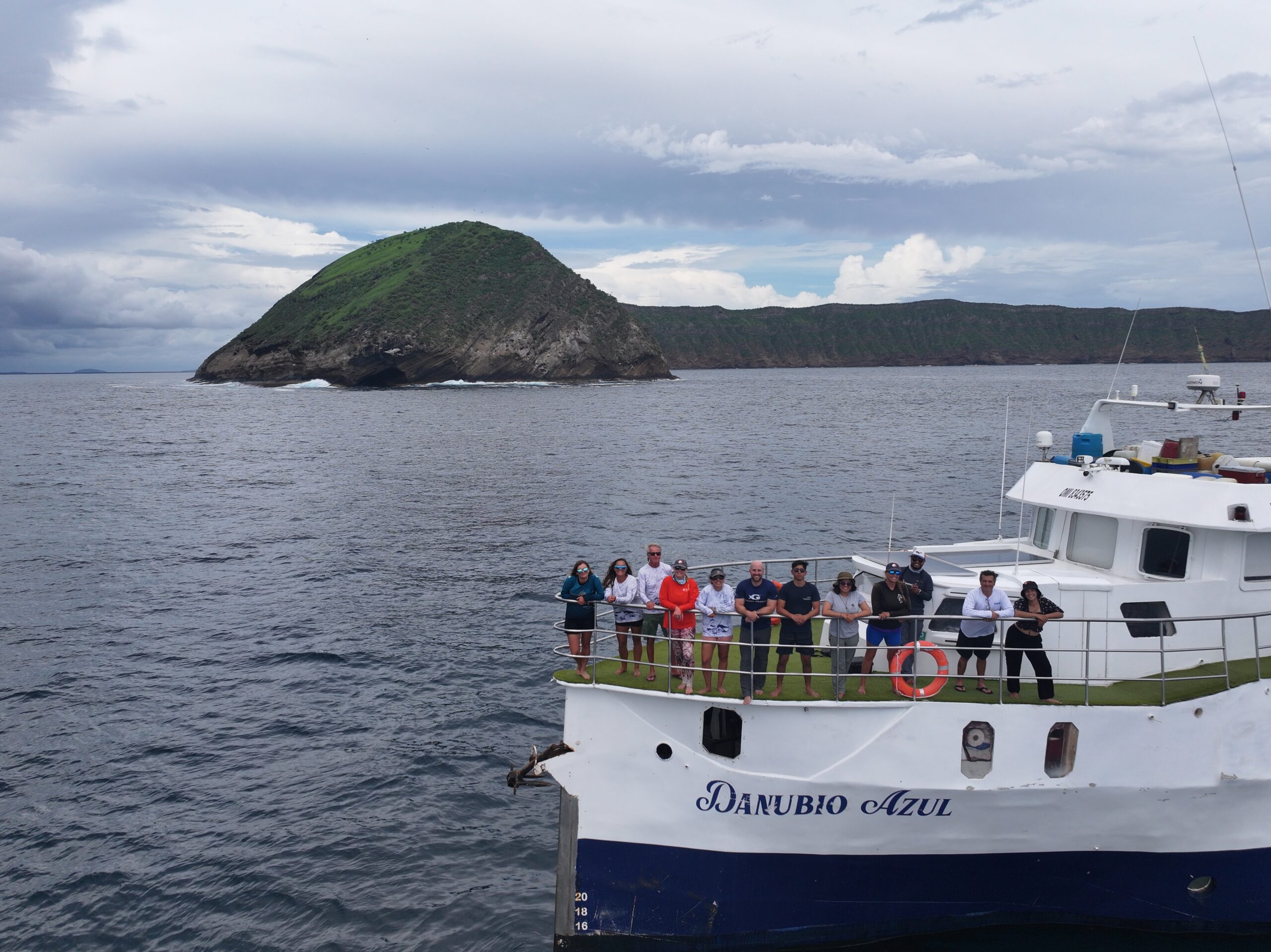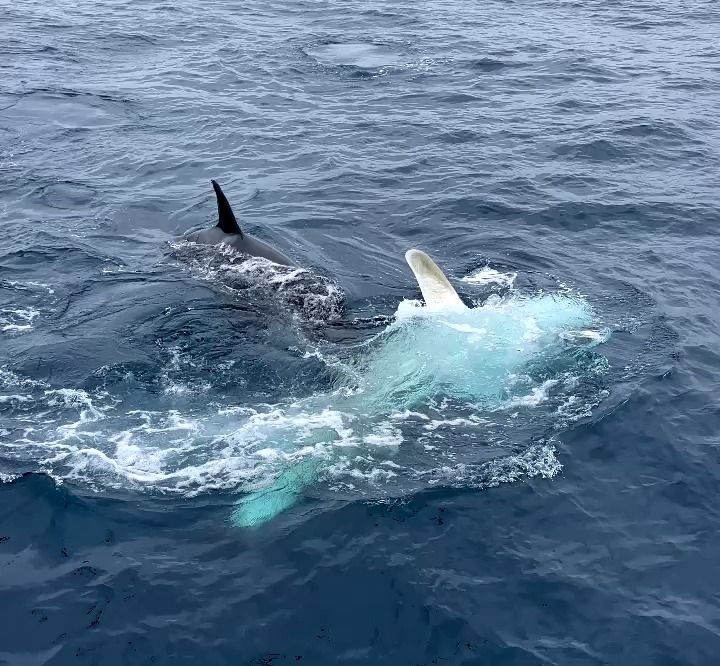Foto: Flikr
Los tiburones zorro son depredadores clave en los ecosistemas marinos del Océano Pacífico Tropical, donde juegan un papel fundamental en el equilibrio ecológico. Se alimentan principalmente de calamares y peces pequeños. Este estudio tiene como objetivo evaluar posibles cambios ontogénicos en los hábitos alimentarios y uso de hábitat de dos especies de tiburón zorro (Alopias pelagicus y Alopias superciliosus) que habitan en la Reserva Marina de Galápagos (RMG), aspectos que son poco conocidos en la región.
Se analizó la señal isotópica en el colágeno vertebral de ambas especies para establecer posibles diferencias tróficas en las tres etapas de madurez: neonatos, juveniles y adultos. Las muestras fueron obtenidas de incautaciones realizadas durante operativos contra la pesca ilegal llevada a cabo por flotas extranjeras en el archipiélago. En total, se analizaron 33 vértebras de (Alopias pelagicus) y 21 de (Alopias superciliosus). Los resultados evidenciaron una variación en su dieta, aunque en el uso de hábitat de alimentación presentó características similares.
La sobreexplotación de estas especies es una amenaza para su conservación, y la escasez de información biológica dificulta el diseño de estrategias de manejo sostenibles. Por cuanto, los resultados de este trabajo proporcionan bases científicas para ejecutar acciones de conservación y gestión pesquera en la región. Finalmente recalcar la importancia de comprender los cambios en la alimentación de estos tiburones, ya que influyen en la estructura de las redes alimentarias marinas y en la dinámica del ecosistema de la RMG.
Para conocer más de esta investigación ingresa a: https://doi.org/10.7717/peerj.18681






